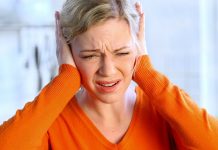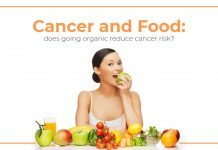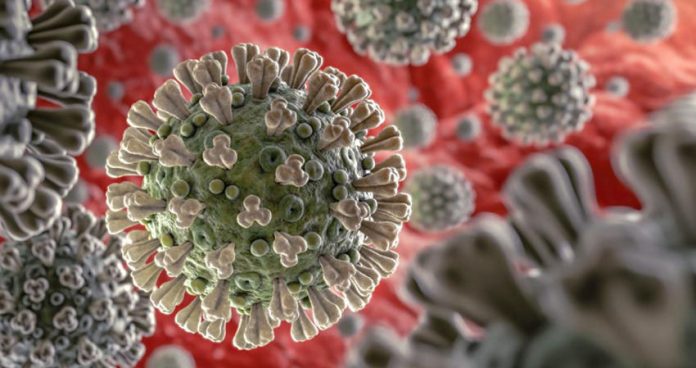As COVID-19 cases keep on affecting our networks, many individuals have been winding up wiped out at least a couple of times. While immunization can offer huge security from difficult sickness, reinfection is as yet a chance.
Could you at any point get COVID at least a couple of times?
Totally — certain individuals get COVID-19 over and over. As we’ve seen, the Covid that causes COVID-19 is continually transforming into new variations that challenge our safeguards. Albeit a past disease with one variation might have passed on to you with a level of insusceptibility to that variation, you are in danger of turning out to be sick from an alternate variation.
There’s a little opportunity that you might in fact become reinfected with precisely the same variation since resistance fades inside a couple of months. In any case, once more, the main impetus behind COVID-19 reinfection is the infection’s steady course of transformation. Indeed, even the subtlest changes in the infection can assist it with bypassing our current resistant reaction. Furthermore, the fresher, fruitful variations will generally be more irresistible than going before ones. We’ve seen reinfection more frequently since the omicron variation showed up than when delta was the real variation causing contaminations.
Will a second COVID contamination be less harsh?
As far as I might be concerned, it checks out that reinfection could commonly be milder, on the grounds that people who have previously fostered a safe reaction to a first disease would be better prepared to battle a later one. Also, as a rule, this resistant reaction would be fortified by the extra invulnerability obtained through COVID-19 immunization.
Nonetheless, there is consistently individual variety with respect to side effects and the manner in which individuals see them. Albeit many individuals really do report milder side effects with COVID-19 reinfection, some truly report more extreme side effects.
The 10,000-foot view is additionally muddled by the way that there might be many individuals who are asymptomatic — that is, liberated from side effects — with reinfection. The people who don’t go through COVID testing are not appearing in our measurements. That implies we might be underrating the genuine number of reinfections in a populace — and might be misjudging their seriousness in light of the fact that the cases we’re considering reinfections will generally be the more suggestive ones.
However, maybe our information on the seriousness of reinfection is adjusted by a component that could slant them in a contrary manner: Some individuals who are getting reinfected may have been asymptomatic with a first disease and think they are having first contamination when they are not. In that situation, we’d be neglecting to perceive these cases as ones where an individual’s side effects had deteriorated with reinfection. Generally, we’d misjudge the seriousness of reinfections.
Curiously, there is information proposing contrasts in variations’ capacity to bring on any side effects whatsoever with reinfection. The United Kingdom’s Office for National Statistics demonstrates that the level of individuals having side effects with reinfection expanded from 20% with the alpha variation to 44% with the delta variation, and to 46% with the omicron variation.
For the most part, the omicron variation is related to milder sickness than we saw with past variations. We couldn’t say whether this is on the grounds that it is intrinsically milder, or on the grounds that a lot more individuals are safeguarded somewhat by insusceptibility that they didn’t have when the delta, gamma, beta, and alpha variations were spreading. Populace-wide, the preparing of our insusceptible frameworks by openness to the antibodies or any past COVID-19 variation has kept on conceding us significant insurance from serious sickness as we face new renditions of the infection.
How not long after recuperating could I at any point get COVID once more?
As per the CDC, there is an okay of COVID disease for something like a half year after full immunization or past COVID-19 contamination. However, that chance isn’t nonexistent. A few sources say that it might require as little as half a month prior before you can procure another disease.
At times, it may be the case that people haven’t completely recuperated from past diseases, so the side effects have basically returned. A few specialists guess that an exceptionally gentle starting instance of COVID-19 might not have provoked a safe reaction sufficiently able to safeguard against a later “portion of the infection.” In such cases, reinfection with a similar variation could happen right behind the past sickness.
Many, accept that reinfection with the equivalent Covid variation is an uncommon occasion. They accept that most reinfections happen as the consequence of being presented to another variation, generally numerous months after a past COVID-19 disease.
To this end, there is such a lot of interest in the improvement of new COVID-19 immunizations that target variations at present coursing. The test is that it requires investment to foster these new antibodies and put them through satisfactory wellbeing testing.
As disappointing as it very well might be to hear, wearing veils, trying not to swarm and get immunization to stay key ways of forestalling COVID-19 disease or reinfection. Above all, immunization decreases the possibility of having serious side effects during a disease.
































